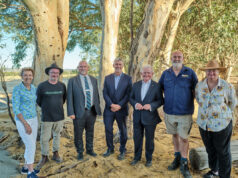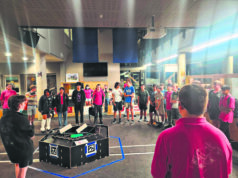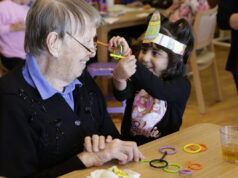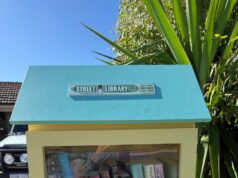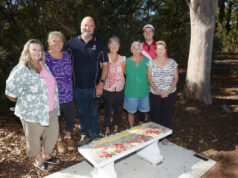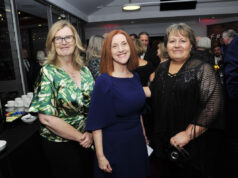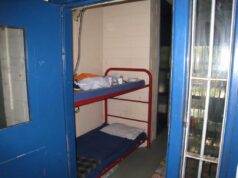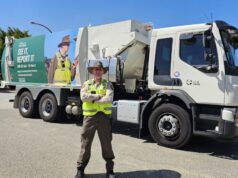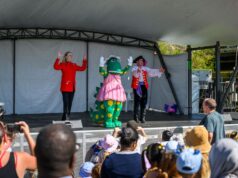Jarrahdale man Peter Dimopoulos, who turned 90 last week, was lucky to make it out of his teens after falling into the hands of the enemy during World War II. Amy Blom reflects on his remarkable life.

Many soldiers interned in Japanese prisoner of war (POW) camps during World War II never came home but a grasp of the language and a dictionary helped Peter Dimopoulos get out alive.
Now aged 90, the Jarrahdale resident has been recognised for his role as an interpreter after learning Japanese from a camp guard in 1942.
Mr Dimopoulos was born in Greece in July, 1925 before immigrating to Australia as a child.
By the time he was 15 he had joined the Australian imperial force (AIF) and in January, 1942 he was deployed to Singapore as part of the 2/4 machine gun battalion.
Singapore had fallen to Japanese forces by February 15 that year after a week of heavy assaults.
Mr Dimopoulos would later recall that he had been on guard duty on a bridge at Ula Pahdan crossing on the final day of the battle for Singapore when he stepped away for a bathroom break.
During his absence an air raid took place and by the time he returned the bridge and area had been blown beyond recognition.
Three members of his unit had been killed and the rest, along with Mr Dimopoulos, were taken prisoner and forced into a working party.
Early on he witnessed a fellow prisoner mistakenly call a guard a fool in Japanese when he had meant to ask for a shovel.
The prisoner was punished by the guards and as a result Mr Dimopoulos vowed to learn the language.
Fortunately he encountered a Japanese guard in Serangoon camp who agreed to help.
“He used to come every night to our hut, drop his rifle and teach me Japanese,” he said.
“He brought me a book in Japanese and he used to sit down and teach me.
“He also used to come in the mornings and take me across the road for a cup of coffee.”
When Serangon camp closed in 1943 he was relocated to Changi prison camp.
He was due to be relocated again, this time to Thailand, when the other guards discovered he could speak the language and he was appointed as an interpreter.
“When we went to the railways in Singapore there were about 500 of us,” he said.
“There were about 20 cattle wagons and the boys were packed into the back of them.
“The (Japanese) were running up and down the platform asking if anyone could speak Japanese and I said I could speak a little.”
In his first appointment as an interpreter he was able to sit alongside the guards, allowing him opportunities to take breaks to eat or go to the bathroom, instead of being locked in the back of the wagons.
“My broken Japanese and my book helped me get through,” he said.
When he arrived in Kanchanaburi, Thailand he was appointed to a POW hospital where he acted as an interpreter and assisted in surgeries and amputations under the command of three English doctors and a Russian surgeon.
After the hospital closed he was relocated to a railway workshop camp where he continued to work as an interpreter.
This meant he attended burial parties and prisoner transfers.
He said as an interpreter he was able to extricate some of the prisoners from altercations with the Japanese and Korean guards but memories of the times he couldn’t and the atrocities that followed still haunted him.
On August 15, 1945 the Japanese camp commander informed the remaining prisoners that the war was over and they would be freed.
Mr Dimopoulos returned home and was discharged only to re enlist at the request of the AIF so he could act as an interpreter at crime trials in Rabual, Papua New Guinea.
He was discharged again in 1947.
Mr Dimopoulos went on to marry and start a family.
Throughout his life he has worked within the veteran community and has had an ongoing involvement with the soccer federation but he never stopped fighting for his work as an interpreter to be acknowledged by the Australian government.
After the Australian army finally recognised his work he said he was thankful but ultimately recognition wasn’t the reason for his actions as a POW.
“Whatever I have done, I did not do for recognition,” he said. “If somebody was in trouble it was my job to help.”
“I learned the language so I was lucky.”


